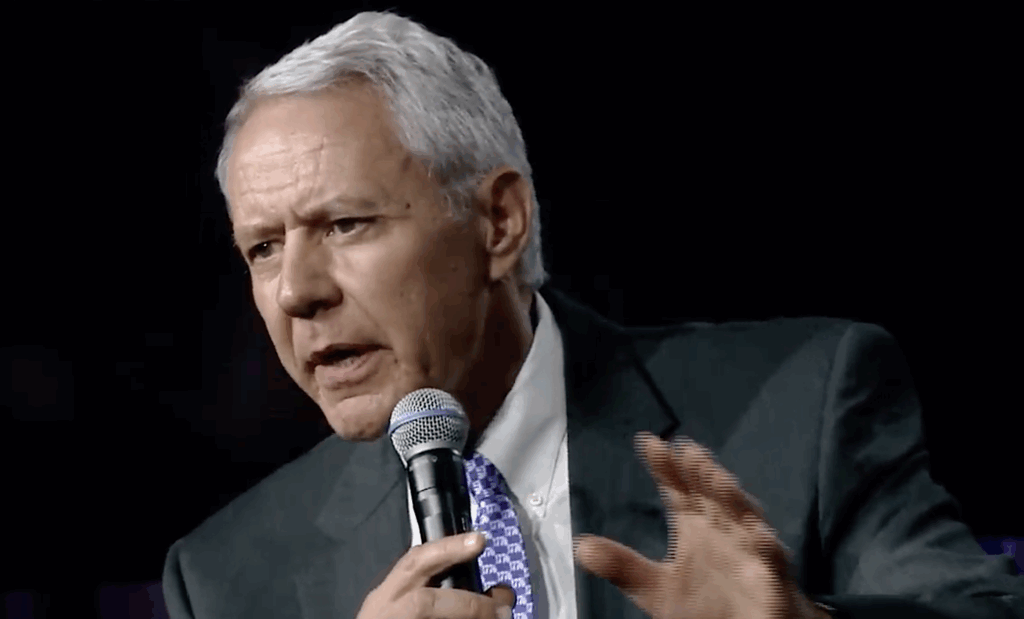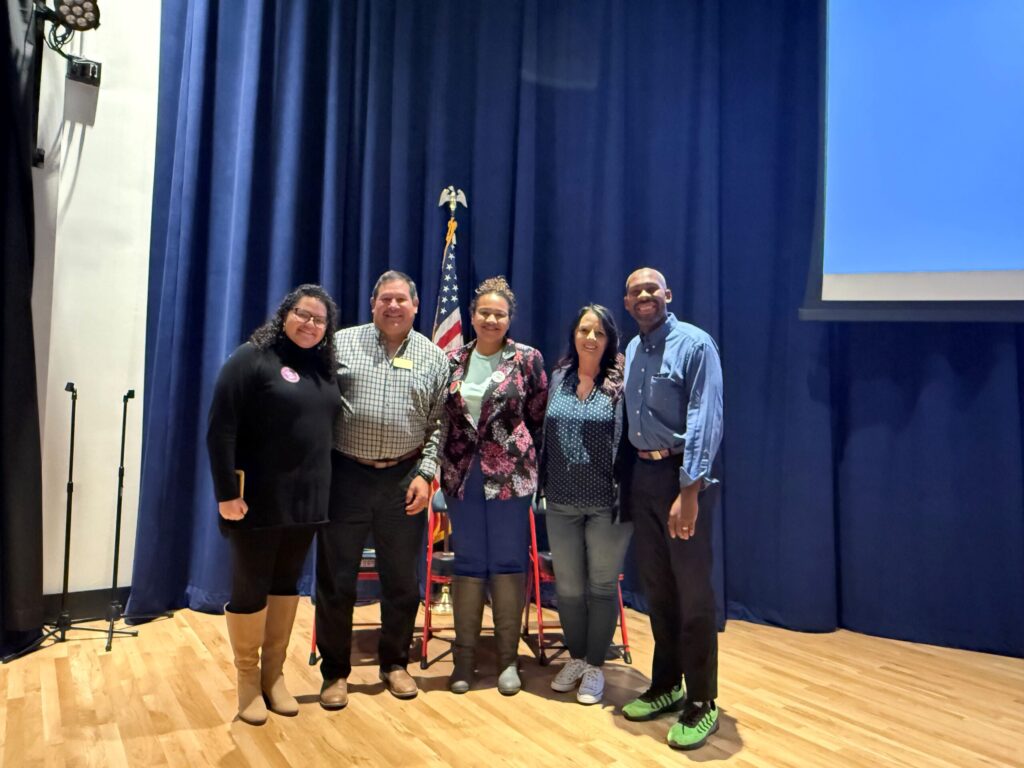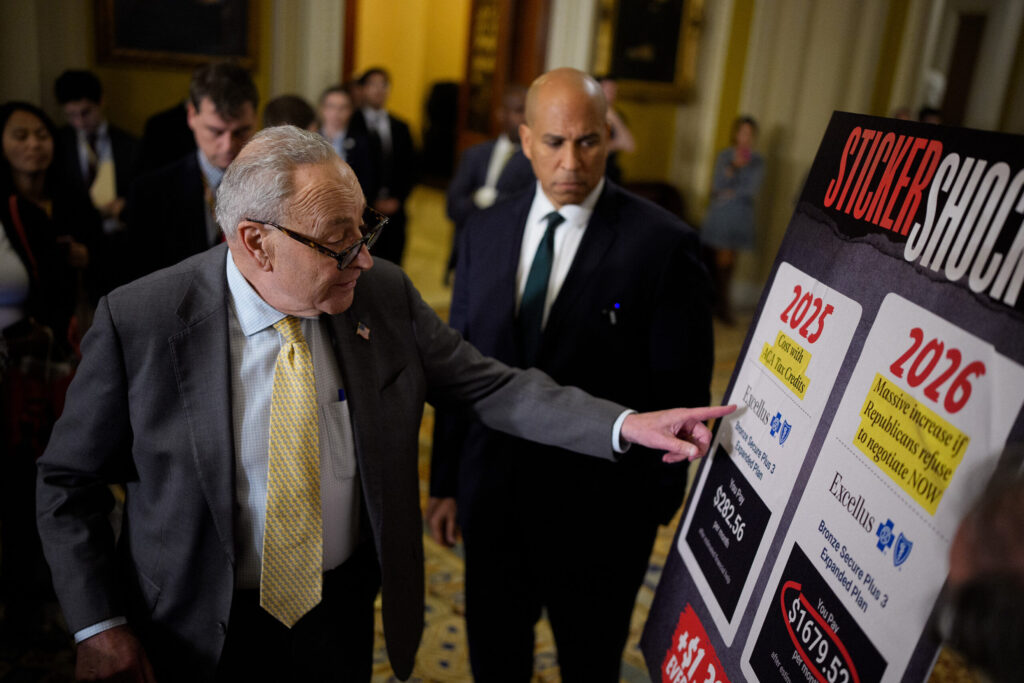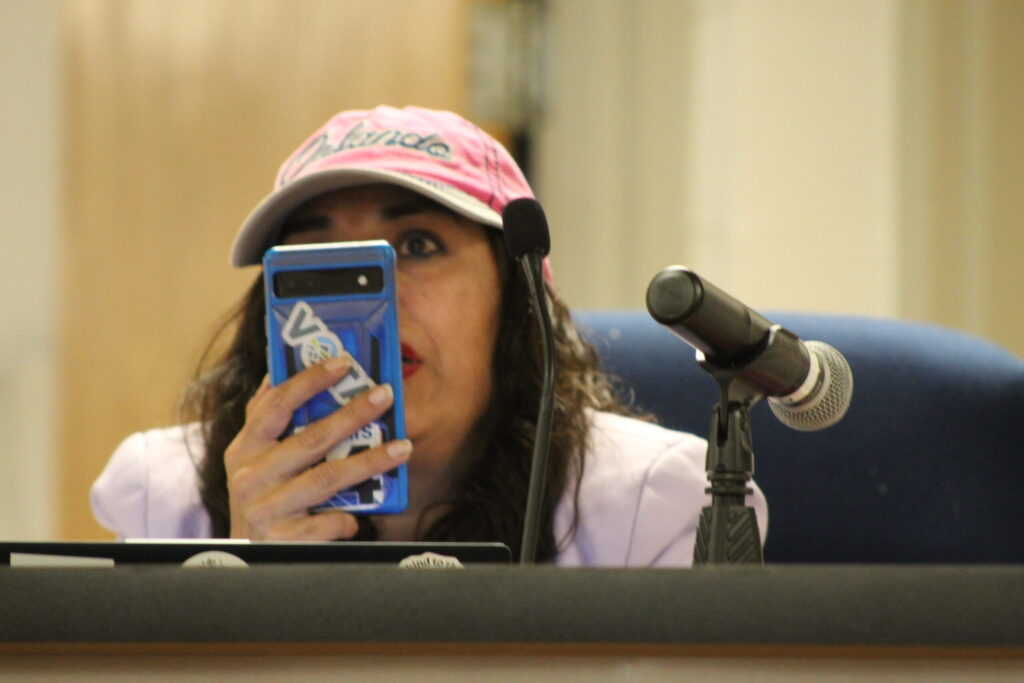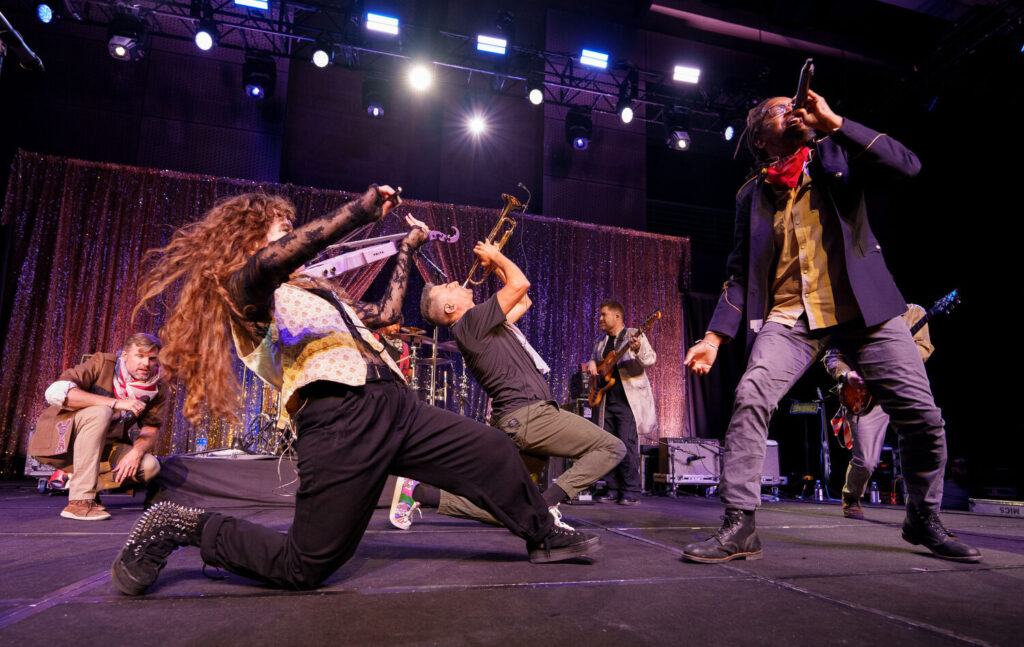Schultheis: Internet voting a needless threat to voter privacy, election security
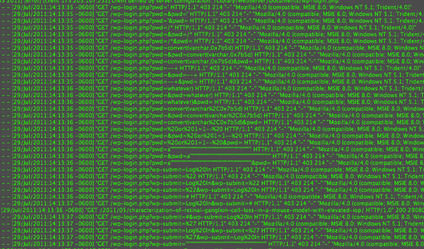
Colorado is poised to reject the best advice of the Department of Defense, the National Institute of Standards and Technology, U.S. Vote Foundation and almost every nationally known expert as the state expands Internet voting. Although voters read daily headlines of breaches of government and commercial computer systems and emails, Colorado’s email balloting expansion ignores the experts and defies common sense and lawmakers’ directives. Yet Secretary of State Wayne Williams seems determined to use Colorado voters as guinea pigs who will learn what the experts already know – Internet voting is a needless threat to voter privacy and election security.
Williams received input from legislators, experts, political parties, non-profit organizations and many individual voters. Feedback has been almost universally negative, except for the Colorado Democratic Party and the Colorado Clerks Association. Scores of voters and organizations, including the Colorado Republican Party, Common Cause, Verified Voting, and the Colorado Voter Group oppose the expansion. Yet proposed Colorado rules will likely permit the expansion of Internet voting for military voters, overseas civilians and military families, regardless of their location or access to mail ballots or polling places. Skiers at Whistler, Air Force Academy professors’ kids at a coffee shop, and officers at the Pentagon could vote over the Internet if they conclude postal mail ballot delivery “is not certain.”
Heritage Foundation expert Hans von Spakovsky on July 14 released “The Dangers of Internet Voting,” a report warning, “Yet election officials like Colorado Secretary of State Wayne Williams, who claimed that any concern that these voting systems are hackable is a ‘nonstarter,’ continue to demonstrate a dangerous lack of knowledge regarding these critical security issues.” John Fund, von Sakovsky’s co-author of Who’s Counting? How Fraudsters and Bureaucrats Put Your Vote at Risk, warned a shocked audience at the recent Western Conservative Summit about Colorado’s wrong-headed direction.
Hackable email voting is a reckless solution in search of a problem. Military voting complaints are few, emailed blank ballots are available to military voters 53 days in advance, and write-in absentee ballots are always available, facilitating postal mail from almost anywhere. For hardship cases where reasonable postal mail is truly unavailable, the 2006 and 2011 legislatures authorized the use of email voting, but with clear directive that it should apply only in limited, extenuating circumstances.
Secretaries of State Scott Gessler and Wayne Williams ignored the lawmakers’ restriction and offered email voting more widely as a “convenience.” Security, accuracy and election integrity must trump convenience. Complaints seeking to return email balloting to legal compliance have been brushed aside, as over 50 percent of military voters now use email ballots. Pueblo claims that 90 percent of that county’s stateside and overseas military voters now vote by Internet, although few are likely in hardship circumstances.
Adding insult to injury is the privacy-invading email voting system that captures the voters’ identity and votes. Unbeknownst to most military voters, their private choices are recorded by a commercial vendor who can connect their votes with their names, defying our secret ballot laws. The opportunities for abuse of this data are alarming.
The situation is likely to require legislation or litigation to stop Secretary Williams on this reckless path putting military votes and election results at needless risk. In the meantime, voters should insist that their county clerks honor the lawmakers’ stated restrictions and use common sense to limit Internet/email voting. Our voting rights are hard-won and should never be squandered at the hands of malicious hackers. Protect your vote by challenging your county clerk to obey the clear intent of the law and ask your legislator to support 2016 legislation to curtail the use of Internet/email voting.
Former state Sen. David Schultheis, R-Colorado Springs, served in the General Assembly from 2001 to 2010 and was a member of the 2006 House State, Veterans and Military Affairs Committee, which conducted hearings on Internet voting.



